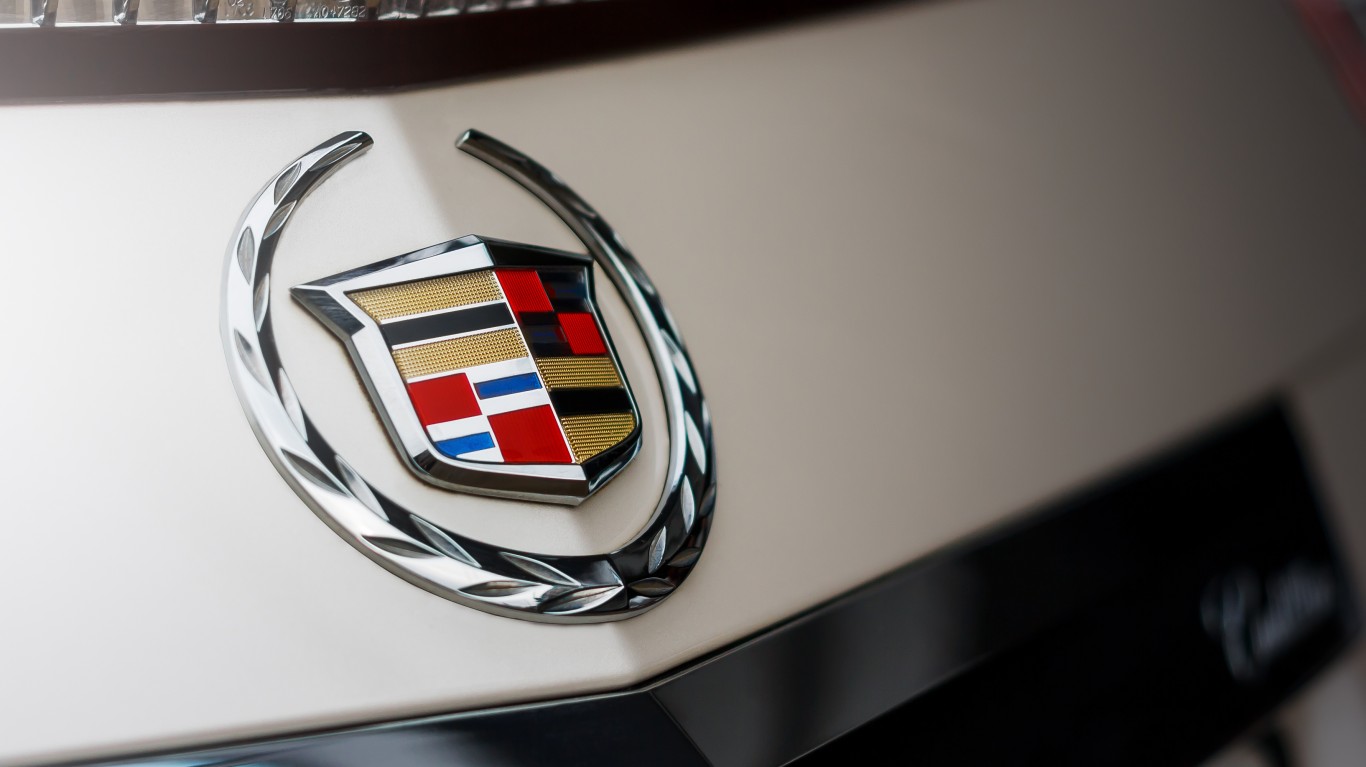
There was a time when Ford’s Lincoln and GM’s Cadillac were the dominant luxury brands in the United States, based on unit sales. That position began to erode when Germany’s BMW and Mercedes luxury cars entered the market.
Lincoln and Cadillac were hit again when Toyota’s Lexus, Honda’s Acura, and Nissan’s Infiniti began to be sold in the late 1980s and early 1990s.
South Korea’s Genesis, the luxury brand of Hyundai, came to the United States in 2016. And Volkswagen’s Audi and Porsche brands also did well.
In 2023, four brands were ahead of Cadillac: BMW (362,244 units), Lexus (320,24), Mercedes-Benz (282,229), and Audi (228,550). Cadillac sold 147,214 units last year.
Lincoln was behind Acura (145,655) and Volvo (128,701). Lincoln sold 81,818 units in 2023, barely more than Porsche (75,415) and Jaguar-Land Rover (73,139).
The question the figures raise is why Ford and GM keep luxury units. In Ford’s case, Lincoln does well in China. Ford reported that, in 2021, Lincoln sold more units in China than in the United States. (This list of best-selling GM vehicles of all time is full of surprises.)
Among the reasons Cadillac and Lincoln need to improve is vehicle quality. In the latest car reliability study by Consumer Reports, Cadillac finished 16th, scoring 45 out of 100. Lincoln finished 23rd with a score of 38. The list was topped by Lexus, which had a score of 79. Acura, Porsche, BMW, Infiniti, and Tesla bested Cadillac.
Perhaps Ford and GM would consider it too much of a public defeat to leave the luxury car business, but they almost certainly cannot regain the ground they have lost.
Travel Cards Are Getting Too Good To Ignore (sponsored)
Credit card companies are pulling out all the stops, with the issuers are offering insane travel rewards and perks.
We’re talking huge sign-up bonuses, points on every purchase, and benefits like lounge access, travel credits, and free hotel nights. For travelers, these rewards can add up to thousands of dollars in flights, upgrades, and luxury experiences every year.
It’s like getting paid to travel — and it’s available to qualified borrowers who know where to look.
We’ve rounded up some of the best travel credit cards on the market. Click here to see the list. Don’t miss these offers — they won’t be this good forever.
Thank you for reading! Have some feedback for us?
Contact the 24/7 Wall St. editorial team.




